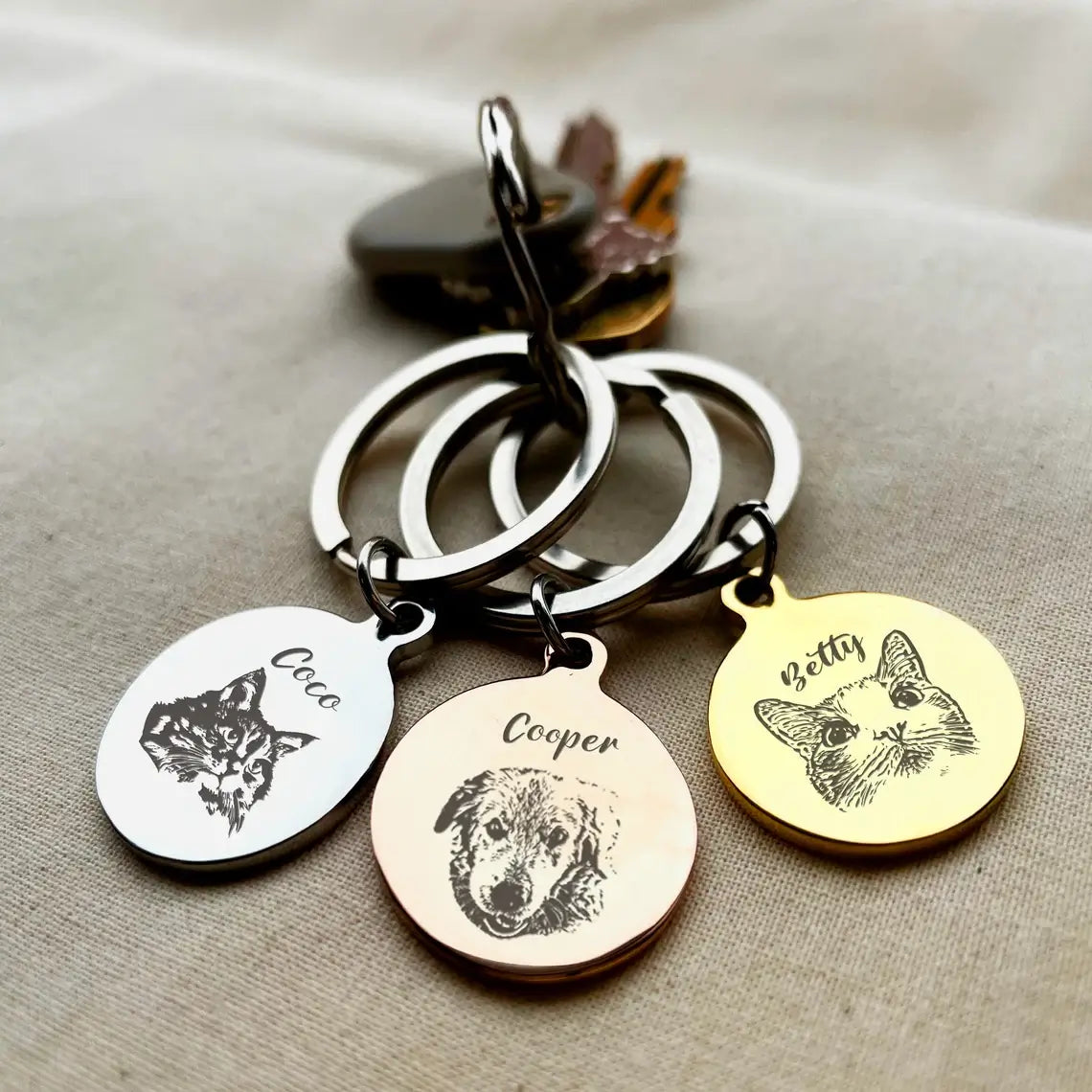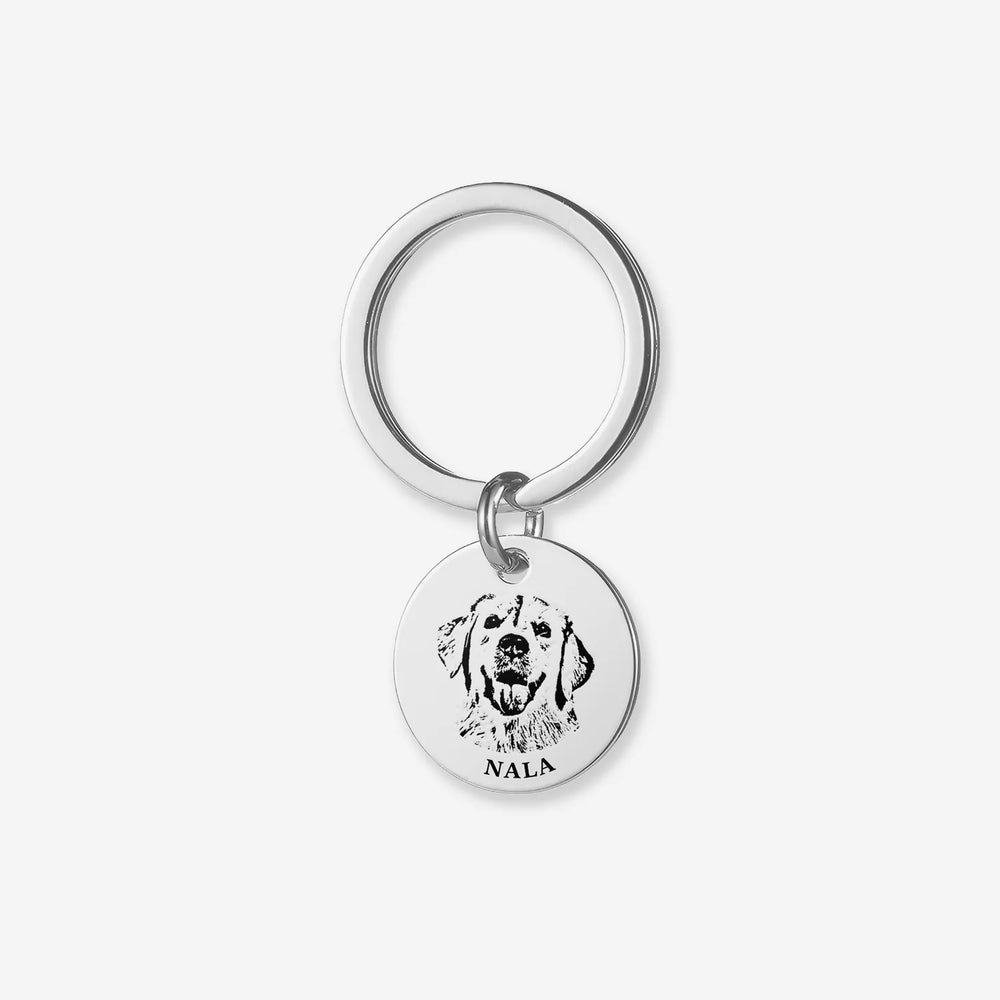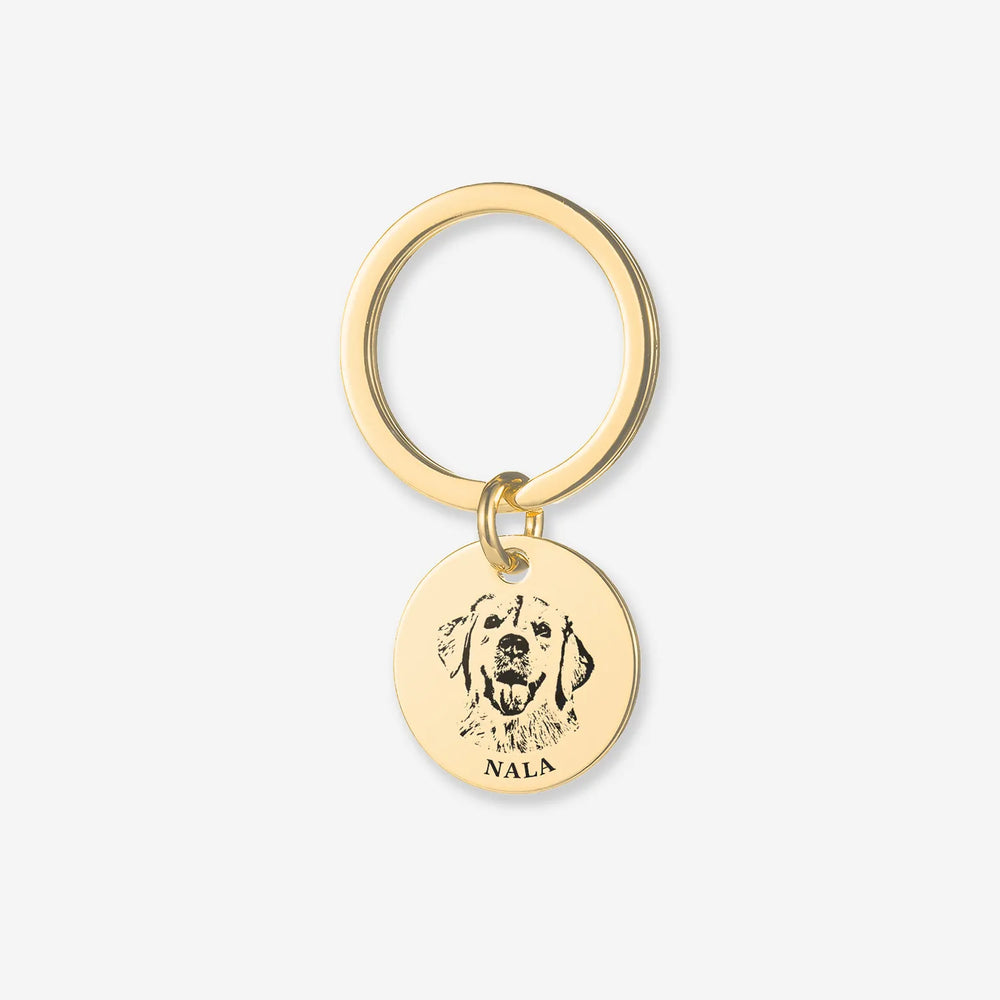Buy One, Get One FREE
25 Aggressive Dog Breeds to Be Aware Of

Understanding aggressive dog breeds matters for everyone, especially pet owners. You need to know which breeds rank among the most aggressive dog breeds. This knowledge helps you make informed decisions. Statistics show that Pit Bulls account for 284 deaths, while Rottweilers and German Shepherds follow with 45 and 20 deaths, respectively. Factors like fear, dominance, and territorial instincts contribute to aggression. Recognizing these factors can help you manage or avoid potential risks. Awareness empowers you to keep yourself and others safe around dogs.
Categorization by Size
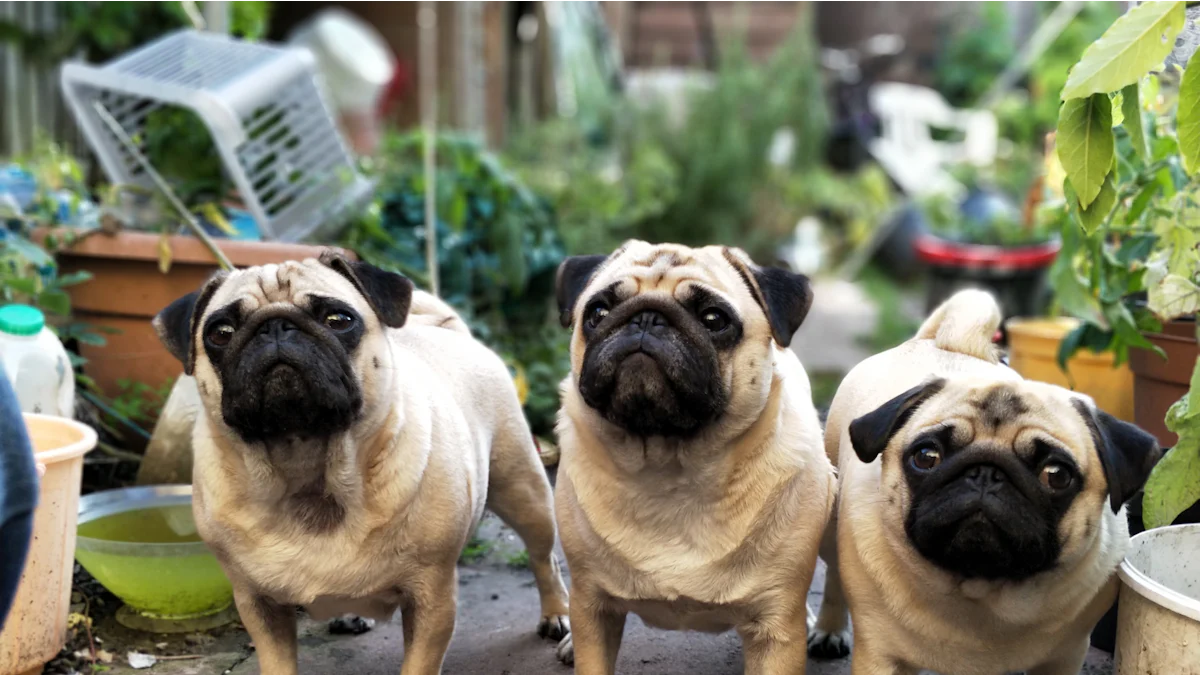
Large Breeds
Rottweiler
Rottweilers often serve as guard dogs. Their protective nature can lead to aggression if not properly managed. Training plays a crucial role in shaping their behavior.
German Shepherd
German Shepherds excel in roles like police work due to their intelligence and loyalty. However, they may show aggression when they sense a threat. Consistent training helps in managing this trait.
Doberman Pinscher
Doberman Pinschers possess a strong protective instinct. This breed requires firm guidance to prevent aggressive tendencies. Early socialization proves essential for a balanced temperament.
Medium Breeds
Boxer
Boxers are energetic and playful. Sometimes, their exuberance leads to rough play, which can seem aggressive. Proper exercise and training channel their energy positively.
American Bulldog
American Bulldogs display strength and determination. Without proper leadership, they might become dominant. Clear boundaries and training ensure a well-behaved companion.
Bull Terrier
Bull Terriers have a unique appearance and a strong will. They need consistent training to curb any aggressive behavior. Socialization from a young age fosters a friendly demeanor.
Small Breeds
Dachshund
Dachshunds, despite their size, often show boldness. Studies indicate small dogs like Dachshunds tend to be more aggressive than larger breeds. Fearfulness contributes to this behavior, so gentle handling is key.
Chihuahua
Chihuahuas frequently exhibit aggression, especially towards larger dogs. Their small size makes them feel vulnerable. Building confidence through positive experiences helps reduce this tendency.
Jack Russell Terrier
Jack Russell Terriers are lively and intelligent. Their high energy can sometimes translate into aggression if not properly managed. Regular exercise and mental stimulation keep them happy and well-adjusted.
Categorization by Temperament
Protective Breeds
Akita
Akitas stand out for their strong protective instincts. These dogs often form deep bonds with their families. Training and socialization from an early age help manage any aggressive tendencies. Consistent guidance ensures a well-adjusted companion.
Belgian Malinois
Belgian Malinois excel in roles requiring alertness and loyalty. These traits make them excellent working dogs. Without proper training, aggression can surface. Regular exercise and mental stimulation keep Belgian Malinois balanced and happy.
Cane Corso
Cane Corsos possess a powerful presence. Their protective nature requires firm leadership. Early socialization helps prevent aggressive behavior. Owners should provide clear boundaries to ensure a friendly demeanor.
Territorial Breeds
Chow Chow
Chow Chows often display aloofness toward strangers. This breed values its territory highly. Socialization plays a crucial role in managing aggression. Gentle handling and positive experiences build trust.
Dogo Argentino
Dogo Argentinos show strong territorial instincts. These dogs need consistent training to curb aggressive tendencies. Owners should establish clear rules and provide plenty of exercise. A structured environment fosters a well-behaved pet.
Rhodesian Ridgeback
Rhodesian Ridgebacks exhibit a strong sense of territory. Proper training from a young age helps manage aggression. Owners should focus on socialization and positive reinforcement. A balanced approach ensures a friendly and confident dog.
Study Insight: The University of Helsinki identified breed differences in aggression probabilities. Understanding these differences helps tailor training and socialization efforts effectively.
Common Reasons for Aggression
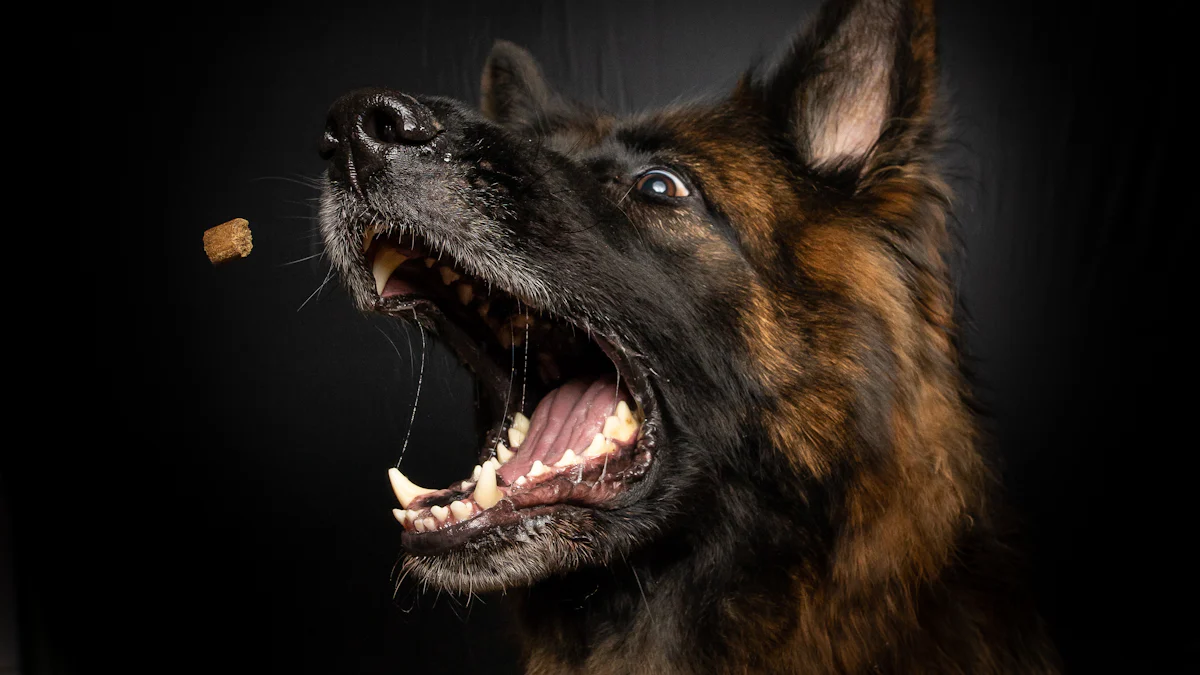
Fear-Induced Aggression
Cocker Spaniel
Cocker Spaniels often show aggression due to fear. These dogs may react aggressively when they feel threatened or cornered. Early socialization helps reduce fear-based aggression. Introducing new experiences gradually builds confidence in Cocker Spaniels. Owners should provide a calm and reassuring environment.
Lhasa Apso
Lhasa Apsos can exhibit fear-induced aggression. Small size makes these dogs feel vulnerable. Gentle handling and positive reinforcement work wonders. Training sessions should focus on building trust and security. Owners should avoid situations that cause stress or anxiety.
Dominance-Related Aggression
Alaskan Malamute
Alaskan Malamutes display dominance-related aggression at times. Strong-willed nature requires firm leadership. Consistent training establishes clear boundaries. Owners must assert authority without harshness. Positive reinforcement encourages desired behavior in Malamutes.
Siberian Husky
Siberian Huskies sometimes show dominance-related aggression. Independent nature demands consistent guidance. Training should emphasize obedience and respect. Establishing a routine helps manage aggressive tendencies. Owners should remain patient and persistent.
Predatory Aggression
Wolf Hybrid
Wolf Hybrids possess strong predatory instincts. These dogs require experienced handlers. Early training focuses on controlling prey drive. Socialization with other animals proves essential. Owners should provide plenty of exercise and mental stimulation.
Pit Bull Terrier
Pit Bull Terriers may exhibit predatory aggression. Strong bite force and tenacity contribute to this behavior. Proper training channels energy positively. Socialization from a young age reduces aggressive tendencies. Owners should ensure a structured and loving environment.
Scientific Research Findings: Studies highlight the role of fearfulness as a significant contributor to aggressive behavior in dogs. Factors like genetics, life experiences, and environment also play a part. Thoughtful socialization and training from puppyhood help prevent aggression.
What is The #1 Most Aaggressive Dog?
Ever wondered which dog tops the list of the most aggressive dog breeds? Many people point to the American Pit Bull Terrier. This breed often gets labeled as dangerous dog breeds. People sometimes use Pit Bulls in dog fighting, which adds to their fierce reputation. But remember, not all Pit Bulls are aggressive. Training and environment play huge roles.
Dachshunds also surprise many with their aggression. Despite their small size, Dachshunds often show boldness toward people and other animals. This behavior might seem unexpected, but it’s a reminder that size doesn’t always predict aggression.
Doberman Pinschers deserve a mention too. These athletic dogs excel as guards. Dobermans can act aggressively toward unfamiliar faces. Proper training helps manage this trait.
Aggression in dogs often links back to irresponsible ownership. Many aggressive behaviors stem from poor training or lack of socialization. Every dog is an individual. Understanding and patience go a long way in shaping behavior.
Managing aggressive behavior in dogs requires a proactive approach. You should focus on training and socialization. These elements shape a dog's temperament. Early exposure to different environments and people helps reduce aggression. Consistent training builds trust and obedience.
Consider consulting a professional if aggression persists. Accredited trainers and veterinary behaviorists emphasize that positive reinforcement offers the best results. Avoid punishment, as it often worsens behavior. A qualified trainer or behaviorist provides tailored advice. This guidance ensures a safer and happier relationship with your dog. Remember, every dog deserves patience and understanding.
